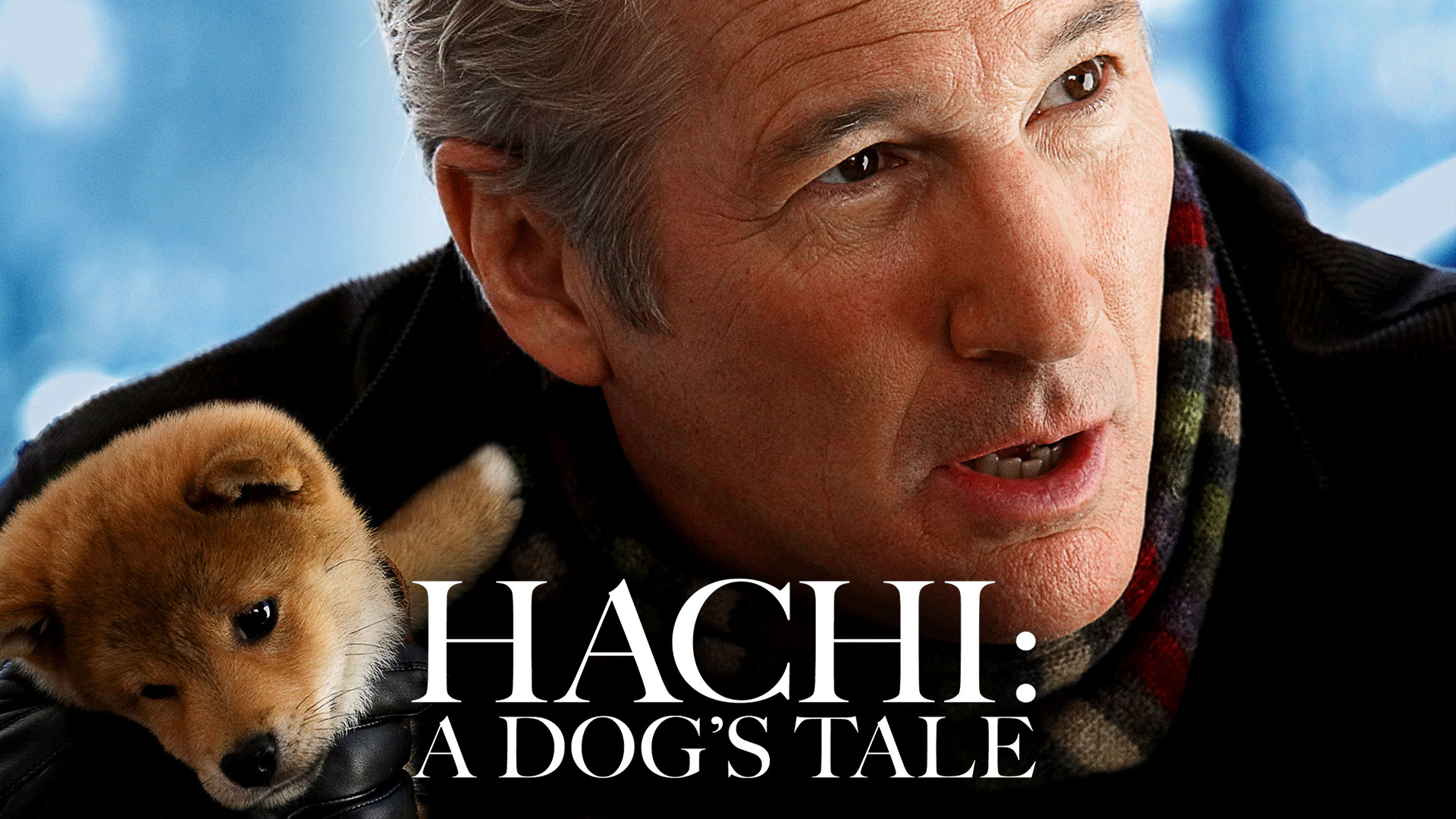Hachi: A Dog’s Tale (2009)

Hachi: A Dog’s Tale (2009)
Review:
Hachi: A Dog’s Tale, directed by Lasse Hallström, is a deeply emotional and poignant film based on the true story of Hachiko, an Akita dog who became famous for his unwavering loyalty to his owner, even after his owner’s death. The film stars Richard Gere as Parker Wilson, a university professor who adopts Hachiko, and Joan Allen as his wife, Cate. Set in the 1980s, the film chronicles Hachi’s bond with Parker and his unshakeable devotion to waiting for him at the train station every day, even after Parker’s tragic death.

At its core, Hachi: A Dog’s Tale is a story about loyalty, love, and the bond between a dog and his human. The film’s strength lies in the simplicity and purity of its premise—Hachiko’s devotion to Parker is heart-wrenching, and the story’s emotional weight comes from the dog’s actions rather than any heavy-handed plot twists. The film is a meditation on grief, loss, and the power of unconditional love, with Hachiko embodying a kind of silent devotion that transcends human understanding.
Richard Gere’s performance as Parker Wilson is warm and genuine, though his character is more of a vessel for the emotional journey rather than the film’s true focus. The real star of the film, however, is the dog, played by several trained Akitas. The filmmakers used both real dogs and animatronics to portray Hachiko, and the result is a moving portrayal of loyalty and companionship. The emotional connection between Parker and Hachiko is developed in subtle moments, such as the tender way they interact or the quiet, unspoken understanding between them. Hachiko’s love for his owner is expressed through simple gestures, and it’s in these moments that the film truly shines.
The cinematography in Hachi: A Dog’s Tale complements its emotional tone. The serene settings of the suburban New England town and the bustling train station add to the sense of everyday life, making the eventual tragedy all the more devastating. The film is paced gently, allowing the relationship between Parker and Hachiko to develop naturally. The gradual build-up of Hachiko’s daily ritual of waiting for Parker, even as the years pass and life changes, speaks to the enduring nature of love and loyalty, no matter how much time has gone by.
The film’s most powerful moments are also its most heartbreaking, particularly when Hachiko continues to wait for Parker at the train station long after his death, not understanding that his beloved owner is never coming back. These scenes, though simple, are gut-wrenching and are designed to leave an indelible mark on the viewer’s heart. The film’s emotional impact is amplified by its poignant score, which underscores the depth of the story and elevates the moments of loss and remembrance.
However, Hachi: A Dog’s Tale is not without its critics. Some may argue that its emotional manipulation can be heavy-handed at times, and the pacing in the second half might feel overly slow for those who prefer more action-driven narratives. Nonetheless, the film’s emotional resonance cannot be denied. It is a tender and heartfelt portrayal of the extraordinary bond between a man and his dog, and it’s a reminder of the capacity for devotion and love that animals can show.
In conclusion, Hachi: A Dog’s Tale is a deeply moving and emotionally charged film that explores the themes of loyalty, love, and loss through the eyes of a dog who waits faithfully for his owner long after he is gone. While it may be a tearjerker, it’s also a testament to the incredible bond between humans and animals. The film’s quiet, poignant moments and heartfelt performances create a timeless story that will resonate with anyone who has ever experienced the love of a pet. If you’re looking for a film that will tug at your heartstrings and leave a lasting impression, Hachi: A Dog’s Tale is an unforgettable choice.











